The year is 1993. Bill Clinton is president. Jurassic Park is in theaters, and Creep by Radiohead has just come out. The World Wide Web was invented in 1989, four years ago and Google won’t exist until 1998, another three years to come. To access the internet you have to use a dial-up modem, and loading each web page takes several minutes.
This is the world into which the Salt Lake Tribune’s original website was born. In the last week of 1993, the Salt Lake Tribune joined the technological movement and created their own website. At that point, no one could have predicted what the Internet has evolved into today. We’re online from the moment we wake up until we go to bed. Smartphones, tablets, desktop computers, laptops and WiFi are easily accessible and affordable. We use the Internet for everything: research, gaming, streaming videos, social media and — of course — the news.
The Internet has been a huge phenomenon — far larger than anyone could have dreamed. So, when the Tribune and many other newspapers began their online journeys, they never considered how the Internet could cost them. Because of the easily accessible and free nature of online content, more people are turning to the Internet instead of printed papers to get their daily fill of news events. According to Pew Research Center, “As of August 2017, two-thirds (67 percent) of Americans report that they get at least some of their news on social media.”
As of Thursday morning, The Salt Lake Tribune has introduced a paywall for their online content. Readers will be able to view ten free articles per month, but for full access, they must purchase a subscription for $7.99 a month.
It is understandable why introducing an online paywall was deemed a necessary move by The Tribune and many other online news sources, such as The New York Times and The Washington Post. Providing news is extremely expensive: transportation for reporters, expensive equipment, printing, distribution and other associated costs build up. When newspapers are losing readers to the Internet, they are losing subscription fees and paper ad revenue — two crucial monetary factors which keep them running.
The problem with introducing these paywalls is that they cut off news sources for underprivileged populations and people under the poverty line. To most of us, $7.99 doesn’t seem like a lot of money, but when you’re trying to decide between groceries for the next couple of days or a month-long subscription to The Salt Lake Tribune, the choice is pretty obvious.
Having access to the news is critical for the health of a democracy. Without the news, people wouldn’t know about important events, controversies, crimes or governmental affairs. Cutting off access for people who can’t afford to pay for it could be catastrophic.
It’s a tough situation. Without some way to make money, newspapers will die out. However, paywalls prevent a portion of the population from having fair access to important news and information. There’s no clear-cut solution, but denying news sources to low-income populations is not the answer.












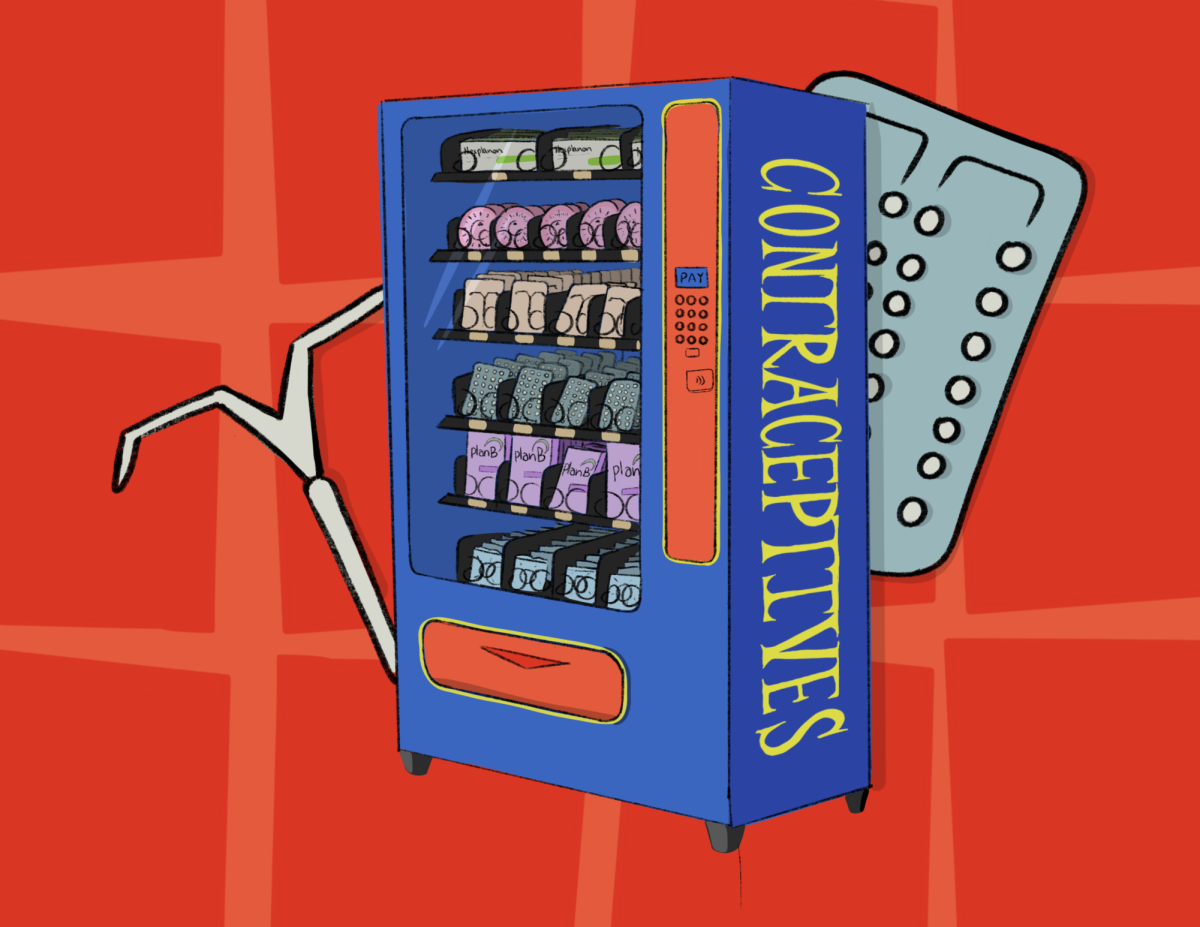
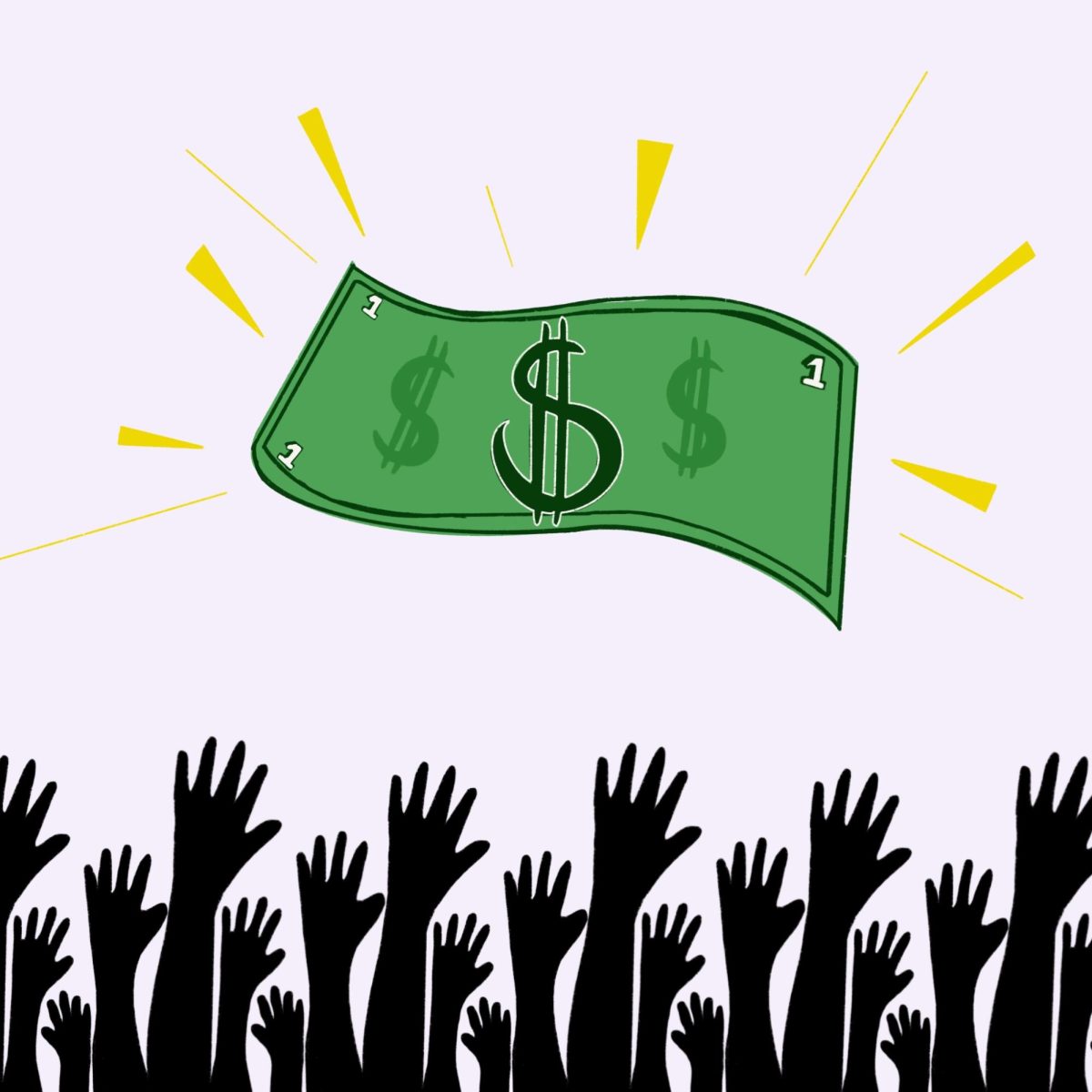
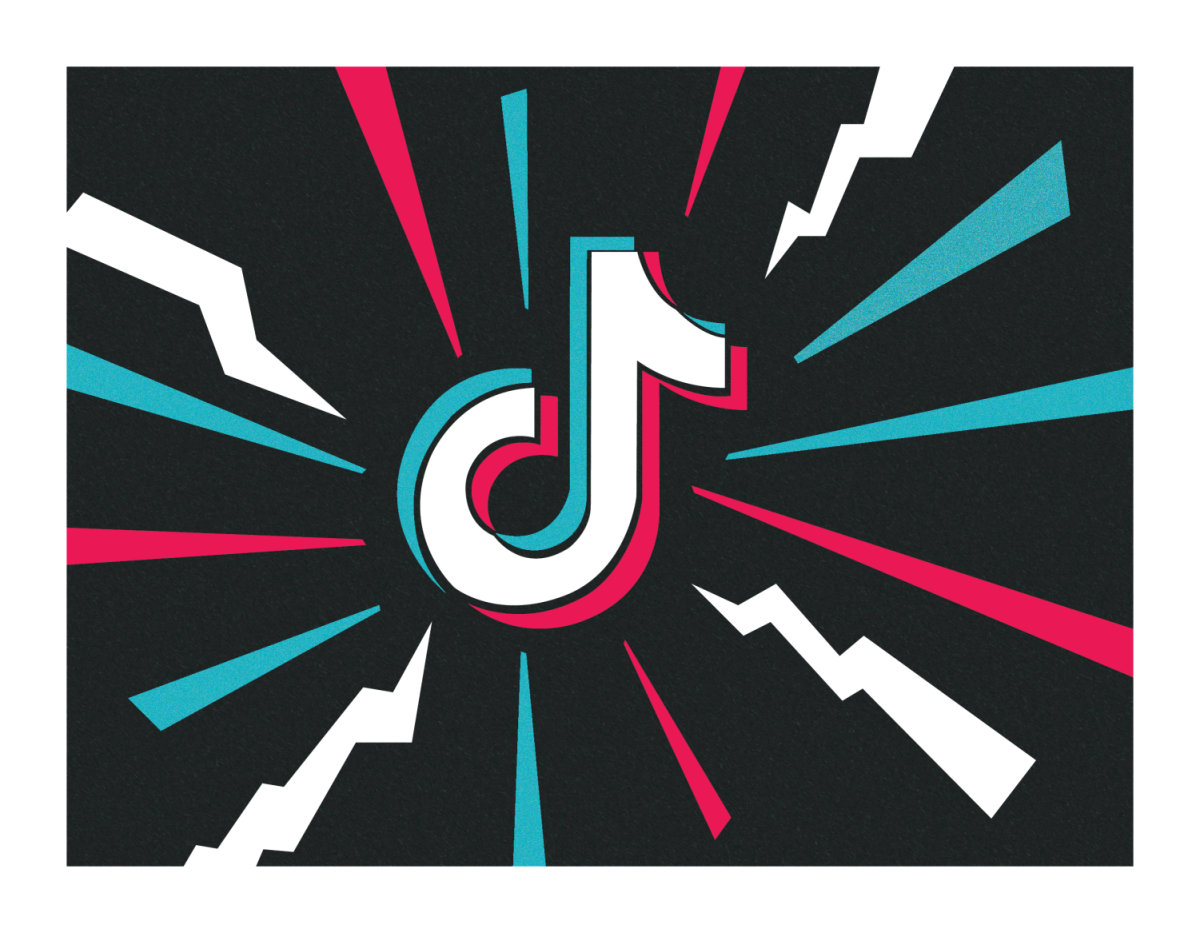
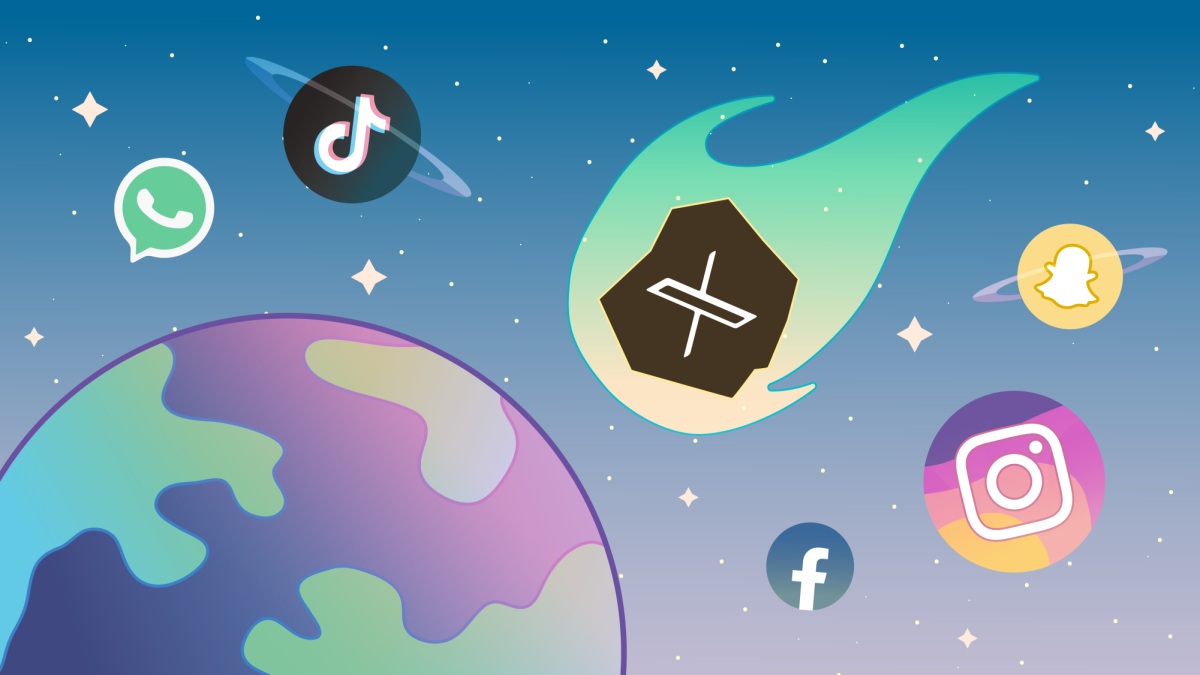

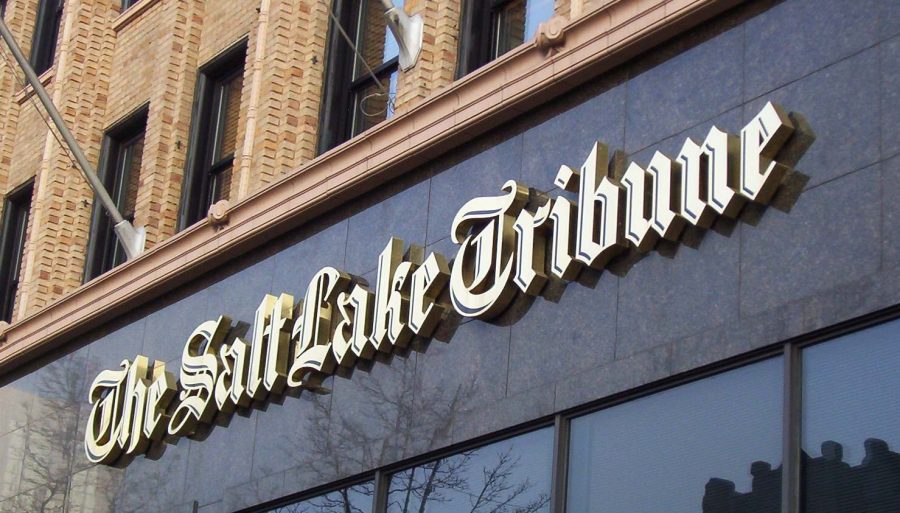
Anony Mouse • Oct 25, 2018 at 2:18 am
I tried to post a longer comment and it will not post.
Low income people often cannot get to the library.
For an overall perspective on the national scene, if you want access to newspapers in various areas, with perspective from editorial boards in varying regions, the paywall means you will not get it unless your income can accomodate.
NPR’s voluntary subscription model might be an answer.
Anon • Oct 25, 2018 at 2:16 am
I was looking for a story like this and I’ve been thinking about this topic for a while.
The thing is, if you consume national or international news via print, and want various perspectives from different editorial boards in different areas about what’s happening, to get a big picture, there really is a limit to how much you can consume with paywalls.
If libraries can get online access to all newspapers, that will be fantastic. I am not sure that’s the case.
I already subscribe to five newspapers. On my income, I really cannot afford more. The job I do requires that I be informed every day. It helps a lot to be able to take in every source possible. There are some papers like The Guardian that ask for support but do not require it. In fact there are a number of international papers that don’t require subscriptions, so far.
I do appreciate the NPR model of voluntary subscription, and perhaps that might be a better option for newspapers. I’m not sure it will work without fund drives, but maybe it would.
Low income people may not have transportation to libraries.
Some of the comments I see here seem to reflect an increasing hardness toward low-income people.
I live in California where I am classified as “very low income” despite the full time job, the degree, the union, and the rent at well over 1/3 of monthly take home pay.
The fact of the matter is that the middle class is losing ground all over the United States. In the “just-world hypothesis” sentiment that’s increasingly popular, it’s one’s own fault if that person can’t make it on their income. This disregards so much that’s absolute fact: manufacturing is nearly gone, whole communities are struggling, and help from the government is being cut, and cut, and cut. Since 1970 it’s been downhill. The people in the making-bank sectors like tech are even feeling it now. In the UK, nurses are using food stamps. Really?! I saw a story from Nor Cal about an adjunct professor who’s homeless.
If you cannot get to a library, you’re screwed for information. I can, but in rural areas it’s literally impossible for so many people.
I miss the days of paper newspapers, and the way they are read is radically different from the online product. And it’s also true that one can peruse a paper newspaper before buying it, day to day, at the newsstand.
Good luck to newspapers and no shade on the Tribune……at all. They and other newspapers have got to survive or we are really doomed. I hope we can figure this out.
Shirley Eley • May 25, 2018 at 8:03 am
Sometimes I just want to read one story, but the trib is counting every thing I open, for my 10 options. As far as I am concerned this is a violation of my rights too, have paid for many trib papers over 50 yrs here in utah. Seems very cheap to deny us the news.
Stanley Johnson • Apr 10, 2018 at 11:49 pm
There are plenty of options to stay on top of Utah news. You also have online new content from every TV news broadcaster in the area. So many sources that are free of charge. The only reason I can see paying for Utah news content is that I was simply unaware how much was FREE. When the SLTrib began to charge I simply stopped consuming their content.
Contumacious • Feb 14, 2018 at 10:45 am
The Salt Lake Tribune guilt tripped me into turning my ad blocker off. Something I almost never do.
Then they turn around and tell me that I have to pay them for the privilege of being exposed to their advertisers, so that I can read an article that was actually taken from the Washington Post.
Why would I pay the Salt Lake Tribune for that?
jerm f • Feb 12, 2018 at 8:09 am
Business decision or not I cant believe the Trib is not getting revenue from online advertising. It has been years since newspapers survived on their subscription income. Newpapers need to develop new revenue streams and ideas to generate income from online views, just like Giggle, Yabadayoohoo, Flitter and Facebutt before charging for content, there are just too many other sources of competition that are free.
Fraa Orolo • Feb 9, 2018 at 5:21 pm
I won’t pay. That means won’t see their advertisers’ content. I won’t be alone.
Eventually, revenue will decline, and they’ll choose another method.
John Doe • Feb 9, 2018 at 9:43 am
“Cutting off access for people who can’t afford to pay for it could be catastrophic.”
So should all housing be free? What about groceries, should those be free? How about tuition? I know I’d like those to be free. But that’s why I have a job.
Just because you want something and can’t afford it doesn’t mean it should be free. If not enough people think $7.99 is worth it for news, then the paper will lose money and lower their prices.
“paywalls prevent a portion of the population from having fair access to important news and information”. Do poor people have to pay more for news than middle class people? No. They pay the same. That’s fair. Why should they get preferential treatment?
Since when is a private institution asking for money in exchange for goods and services “catastrophic”??
Famingo • Feb 11, 2018 at 4:04 pm
How many $7.99’s are you going to be willing to pay for each month? Do you believe the Tribune is going to give you every angle of the story? Will they be telling you everything that’s going on in the world, or just what they think is important? Small fees would be fine, how about $1.00 monthly? From millions of readers they’d be just fine. $8 bucks a month for every news organization you normally come across daily will cost you more than your cable, phone and internet bill combined.
juan • Feb 8, 2018 at 8:04 pm
Would the Trib going out of business result in news for the poor?
David • Feb 8, 2018 at 8:02 pm
People will just switch their reading to the Deseret News.
Karen • Feb 8, 2018 at 6:21 pm
People living in poverty have the exact same access to the news with an online paywall as they had before the internet (or before they personally owned a smart phone or computer) – they can go to the library, watch the news on TV, or listen to it on the radio.
When newspapers were only available in print, they weren’t free – and people managed to get the news anyway. Those same methods exist today (as well as many free online news sources).
Yes, paywalls suck (I probably won’t be subscribing) – but this is not a new problem and the solutions are not that extreme.
Jon • Feb 7, 2018 at 12:03 pm
Thanks for taking into consideration populations that may be hurt by a necessary business decision.
Abigail Stover • Feb 6, 2018 at 7:46 pm
They can just read a different news source then. I personally don’t see how this is an issue.
Famingo • Feb 11, 2018 at 3:54 pm
If news organizations did this, how many subscriptions will you be willing to pay for each month? Getting all your news from one or two sources, because you can’t afford more, puts the view of the world in a very small box. Those not bothered by this worry me. It’s like Donald Trump listening only to Fox News and then re-spewing their destructive, hateful rhetoric before checking the actual facts.